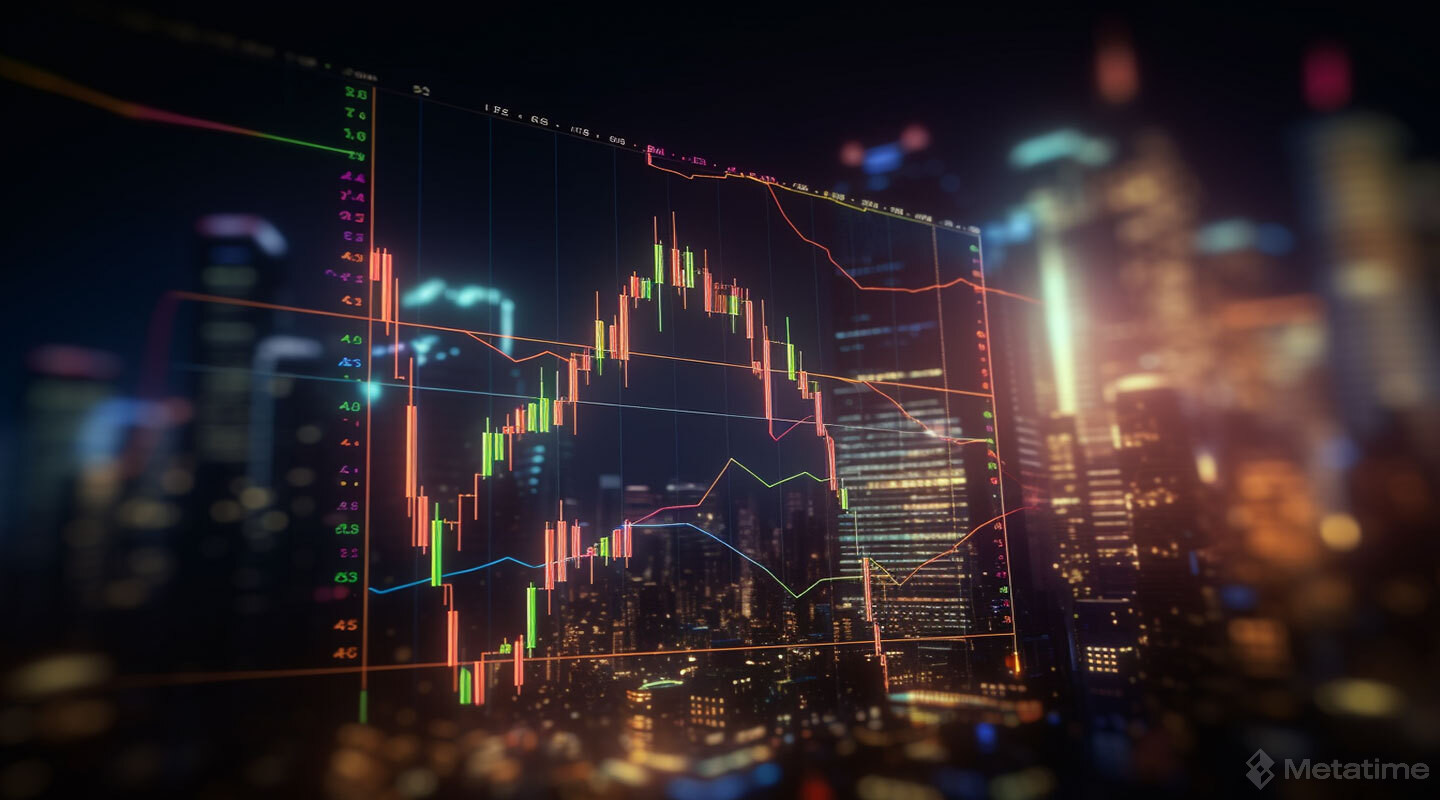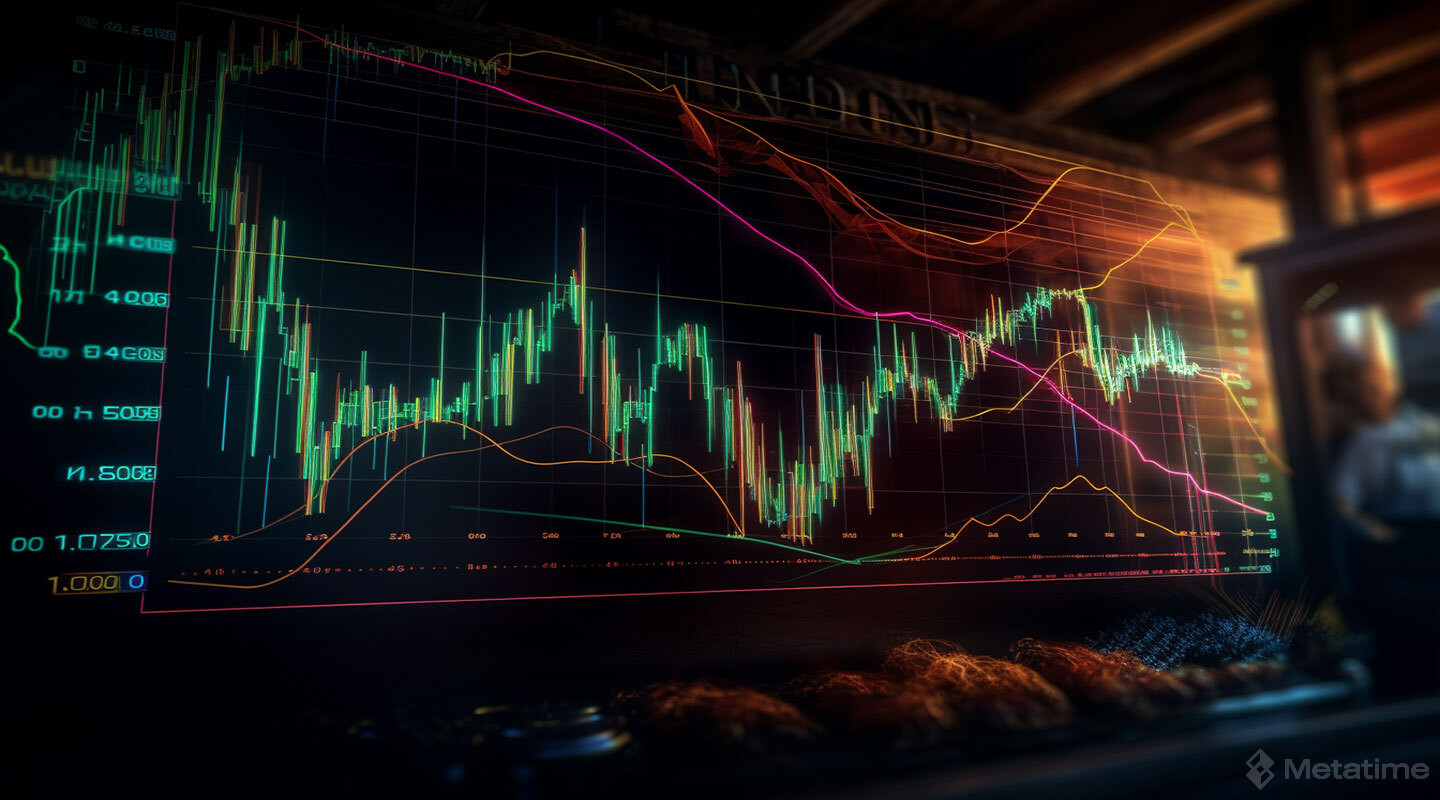Deflation is the opposite of inflation. While inflation refers to the continuous increase in prices, in deflation prices fall continuously. Deflation generally occurs in economic times slowdown and reflects a period of reduced pace of economic activity and reduced demand. Thus, businesses' sales fall, profit margins are reduced and unemployment may increase. Consumers may postpone spending in the hope that prices will fall further, further reducing demand and deepening deflation.
Deflation can also have some positive effects. For instance, consumers' buying power may increase because they can buy more goods and services when prices fall. Also, falling prices can be an incentive for some investors to pursue new projects and investments.
Deflation, however, is often regarded as an undesirable negative situation. It is because continuously falling prices can negatively affect economic activity. As businesses' income decreases, their profit rates decline. As a result, investments and employment may decrease. With reduced employment, individuals and the structure of society may deteriorate over time. At the same time, in an economy that enters a deflationary cycle, consumers put their purchases on hold because they can expect lower prices in the future. Demand in the market, in particular, is thus severely depressed. The fall in demand puts producers and sellers in trouble.

What Can Be Done to Prevent Deflation?
Governments and central banks may be responsible for regulating and working on deflation and inflation rates. Central banks generally implement different monetary policies to prevent deflation. They can take measures such as reducing the cost of credit by lowering interest rates, increasing the money supply, and thus stimulating demand. Thanks to these measures, both deflation and inflation can be controlled to a certain extent. However, monetary policies need to be implemented correctly and judiciously. Because in some cases, a wrong move in the name of preventing deflation may do more harm to economies than good.
What Is Deflation Policy?
Deflation generally refers to the situation where prices in the markets fall continuously for a certain period. A deflation policy is an economic policy that aims to reduce prices or stop or slow down price increases against the trend of inflation. Authorities and governments initiate and carry out such policies.
Deflation is a policy linked to quantitative monetary theory. Deflation usually occurs during periods of economic recession. Deflation is caused by a reduction in the money supply in an environment of reduced purchasing power, where the supply of goods and services exceeds demand.
What Is Disinflation?
Deflation has far-reaching negative effects on output and employment. Deflation is a different term from disinflation. Disinflation means a reduction in the rate of increase in inflation, while deflation means a fall in prices. Naturally, it is necessary to conduct research without confusing the two concepts.
What Are the Effects of Deflation?
The effects of deflation can be varied and often depend on economic situations and conditions. Here are some of the effects of deflation:
- Increase in Buying Power
- The Decline in Interest Rates
- The Decline in the Value of Assets
- Declining Profit Margins of Businesses
- Decrease in Investments and Employment
- Debt Problems
- Demand Decline
Increase in Buying Power
During periods of deflation, prices generally fall. It allows consumers to increase their buying power and buy more goods and services.
The Decline in Interest Rates
In times of deflation, central banks usually tend to lower interest rates. Lower interest rates reduce the cost of credit and encourage people to invest.
The Decline in Asset Values
In times of deflation, financial asset prices often fall as well. It can negatively affect owners of financial assets such as stocks, real estate, or other investments.
Declining Profit Margins for Businesses
During a period of deflation, the sales of businesses are drastically reduced.

Decrease in Investments and Employment
Deflation can negatively affect the profitability and revenues of businesses. It may reduce the tendency to invest and create jobs. Businesses may cut production and reduce the number of workers due to falling demand.
Debt Problems
During a period of deflation, borrowers may struggle. As incomes decline, repayment obligations may increase, and borrowers or institutions may face different financial difficulties.
Demand Decline
Deflation can lead consumers to expect lower prices in the future. This may cause people to postpone their demands for all kinds of goods and services in the market. As people reduce their spending, economic activity and activity may have to slow down even further.
Finally, another point is that there may be differences between a low and stable level of deflation and severe deflation that occurs during periods of economic recession. In cases of severe deflation, economic problems may be more pronounced and clearer.








